A board member is responsible to ensure that the organization’s governance functions are executed effectively. This includes tasks such as strategic planning, financial supervision and legal compliance. It also involves managing programs, investments in the organization and policy development.
Board members are also required to assess potential conflicts of interests and ensure their integrity. This includes reviewing the legal documents and bylaws for their organization, as well as having a conflict of interest policy and adhering to it.
In www.boardmeeting-software.blog/ addition, it’s a board member’s duty to ensure that they possess the necessary skills for the role they are filling. This means being familiar with their industry’s terminology and understanding the complexities of the documents they read, like strategic reports and financial statements. They should also think critically and creatively. They should understand the risk, and be aware of the questions to inquire about both internal and external advisors.
They should also be capable of communicating their thoughts to the the board and participate productively in discussion. This is especially crucial when it comes to sensitive issues which require a high degree of confidence and discretion. Finally, they should be prepared to dedicate the time required to fulfill their responsibilities – taking part in meetings, contributing positively and reviewing the material prior to the time of the meeting.
Another responsibility is sourcing, selecting and orienting new board members. Always look for candidates who can bring knowledge, talent, and experience into the boardroom. This often involves visiting facilities and engaging with volunteers, and also seeking out talent via social media and other channels.

